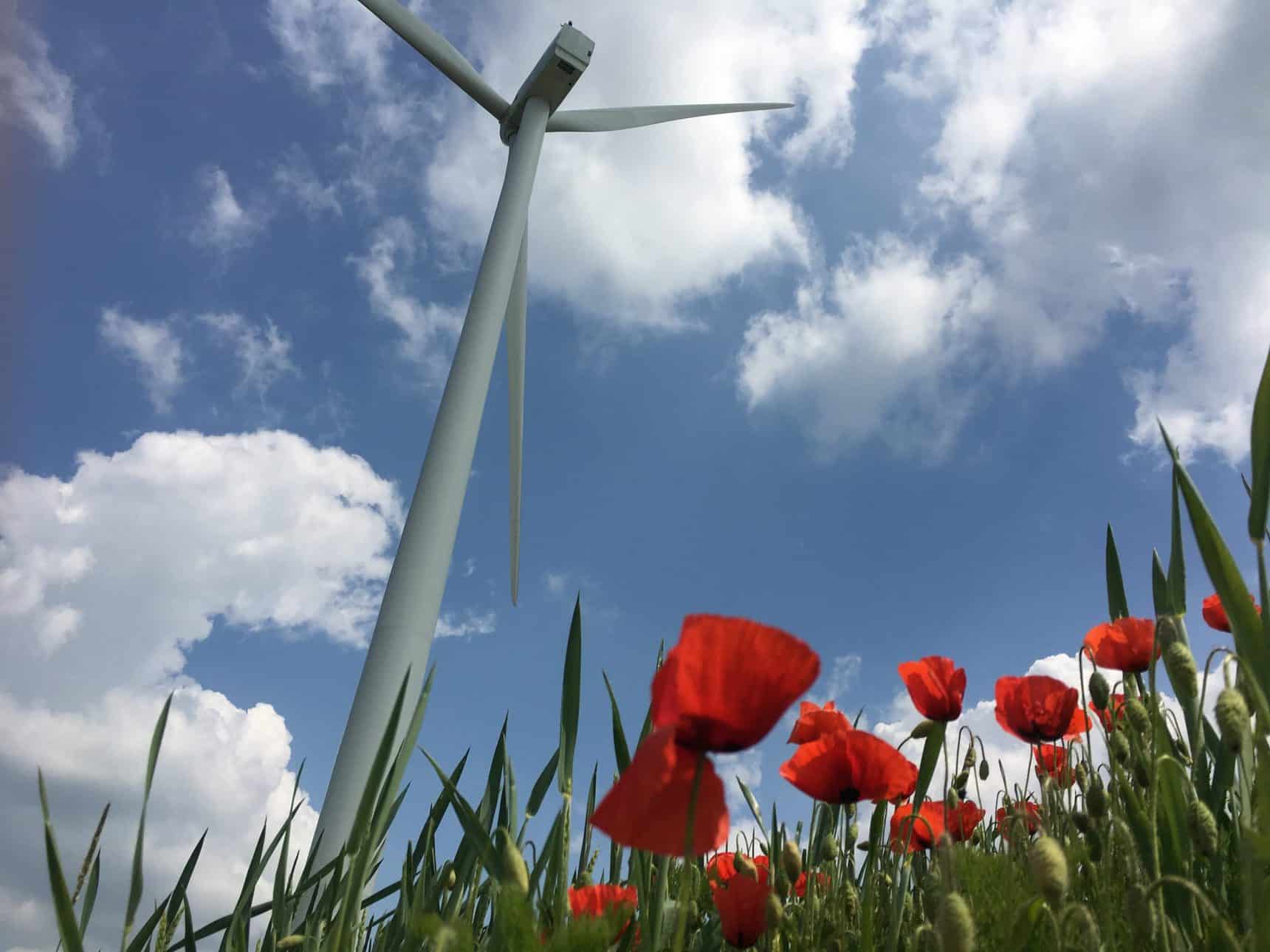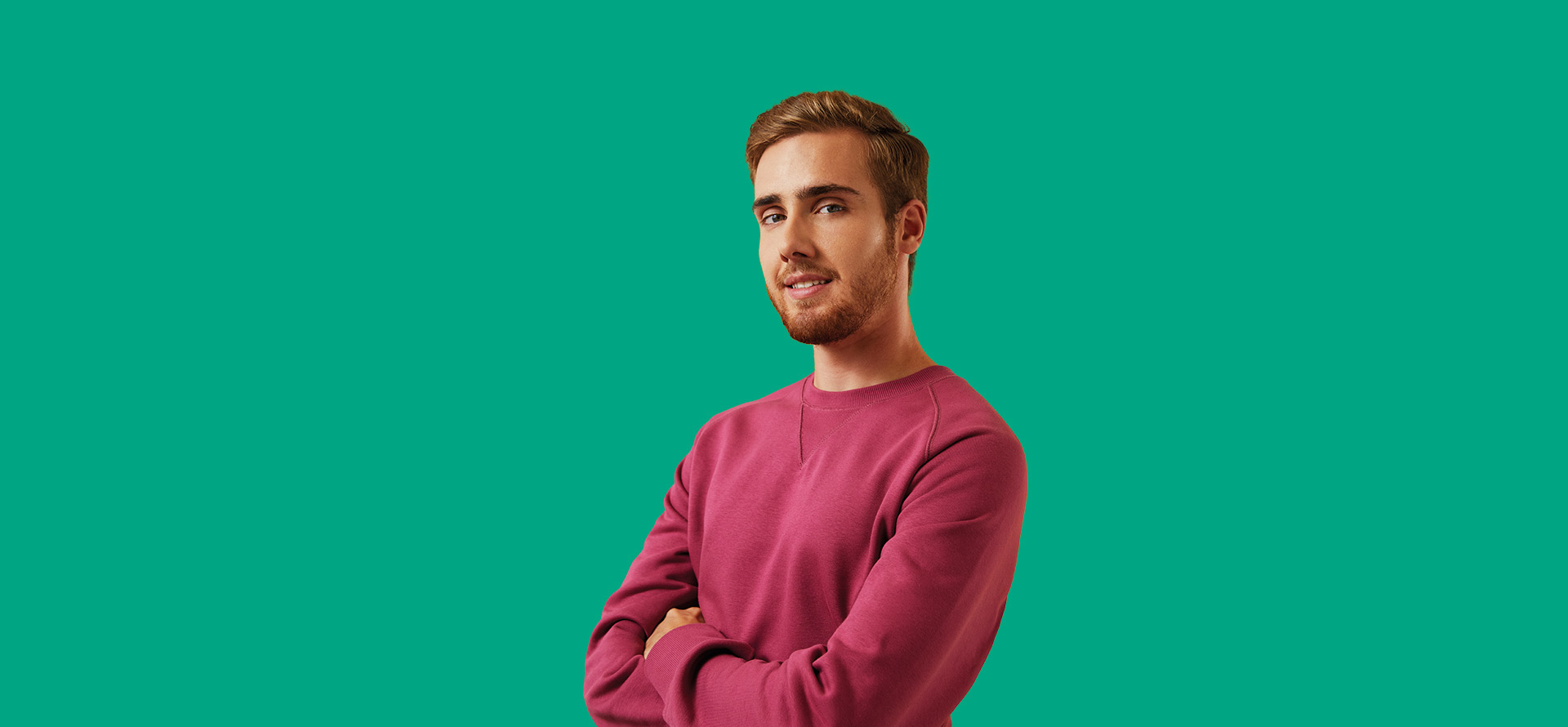Sustainable transitions, a training initiative for NEOMA
Published on 10/23/2020
Thematics :
Sustainable transitions, a training initiative for NEOMA
Published on 10/23/2020
The circular and bio-economy, the green new deal… There are so many changes taking place in our society today. Addressing the concerns surrounding sustainable transitions and preparing students to consider this reality during their professional careers has become a major goal for NEOMA, which is reflected in the range of new initiatives undertaken since the start of the new school year.
With the reform of the Master in Management programme, NEOMA aims to provide students with the knowledge required to implement these new systems within companies and to take a stand on sustainable economic transition issues.

“Our ambition is to go beyond a simple introduction to sustainable development and CSR,” explains Nicolas Béfort, Director of the NEOMA Bioeconomy Chair and coordinator of the back-to-school seminar on the Ecological Transition. “Our students need to experience these concepts and fully understand what is at stake. This is why we have set up a learning capsule entitled ‘Sustainable Transition’ covering 5 themes: climate negotiation, common good accounting, social solidarity economy for ecological transition, responsible finance and ecological transition economy.
“All areas of business are and will be impacted by the ecological transition. We have made cutting-edge courses available that deal with these issues in line with students’ curriculum choices,” adds Nicolas Béfort.
Ahead of these 5 learning capsules, the 1st year Master in Management students attended a Summer School, where they gained invaluable immersive experience in social, economic and environmental paradigm shifts.
During the back-to-school seminar, the students had the opportunity to attend 3 plenary conferences and 10 parallel lectures headed by expert speakers.
C’est parti pour le 2ème jour du séminaire de rentrée des PGE M1 de @NEOMAbs : 10 conférences parallèles sur la #SustainabilityTransition #BePassionate_ShapeTheFuture https://t.co/ntgD5eJv39
— Nicolas Befort (@NicoBefort) September 10, 2020
Speakers included, Valérie Masson-Delmotte, paleoclimatologist, Director of Research at the CEA (The French Atomic and Alternative Energies Commission), IPCC Group 1 vice-president, CNRS Silver Medal winner in 2019 and recognised by Nature as one of 10 scientists who made the most impact in 2018; Jézabel Couppey-Soubeyran, Senior Lecturer in Economics at the University Paris 1 Panthéon-Sorbonne and Editorial Advisor at the CEPII (Centre d’études prospectives et d’informations internationales, the French centre for the study of international economics), a regular national media contributor (Le Monde or France Culture), who spoke about ‘How to manage the health crisis and avoid unsustainable public finance spending’; and Anne-Charlotte Vaissière, Research Fellow at the CNRS (French Centre for Scientific Research) and an expert in ecological compensation, who spoke on “How to preserve biodiversity”.
“We opted for the ‘Summer School’ format because the issues we discuss with students are extremely complex and have no ready-made answers. Our aim is to provide them with access to the leading knowledge concerning today’s environmental issues,” says Nicolas Béfort.
“What is striking,” says the Director of the School’s Chair of Bioeconomics, “is the number of different positions on these subjects, both in society and among students. Some of the lectures raised more than 40 questions during the discussions”.
The gamble certainly paid off as the students showed a great deal of interest in the themes. “They are aware that the ecological transition will reshape our entire socio-economic life, whether in terms of development, growth or production. As future managers, they know that they will have to deal with these issues during their professional careers”.
« The change we must make: making the transition toward a sustainable, equitable and resilient circular bioeconomy » : P. Morone from @BiT_RG concludes @NEOMAbs sustainability seminar #BePassionate_ShapeTheFuture #bioeconomy #Sustainability pic.twitter.com/M1vLNXj0uk
— Nicolas Befort (@NicoBefort) September 11, 2020
To go further, discover the interview of Cristal Bir on this back-to-school seminar.


